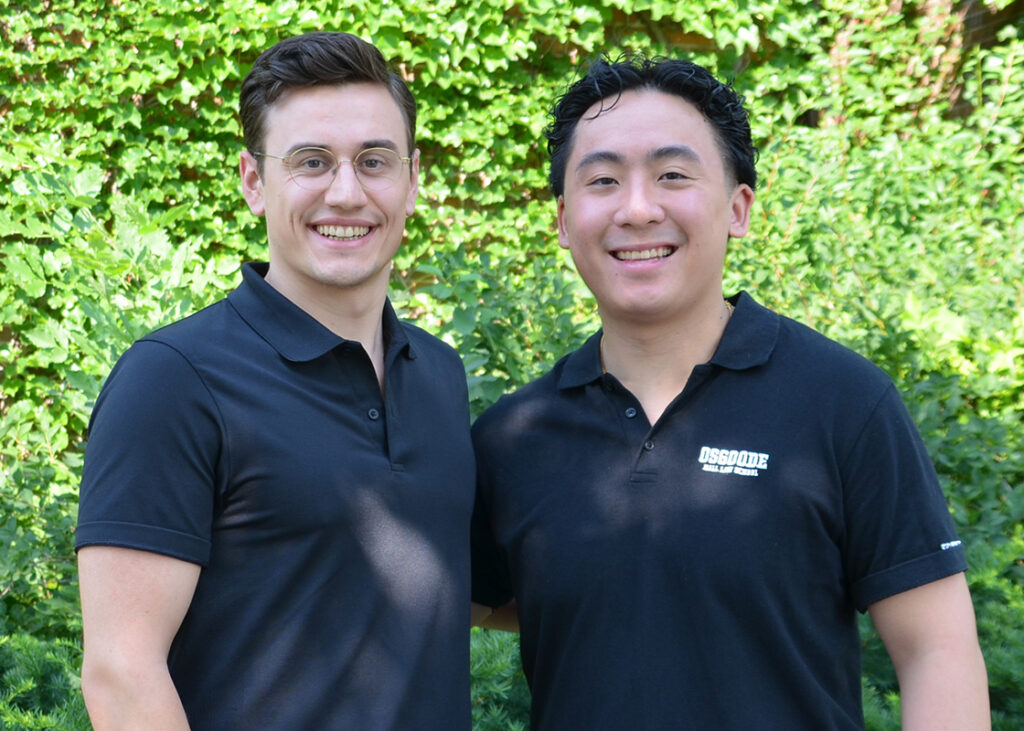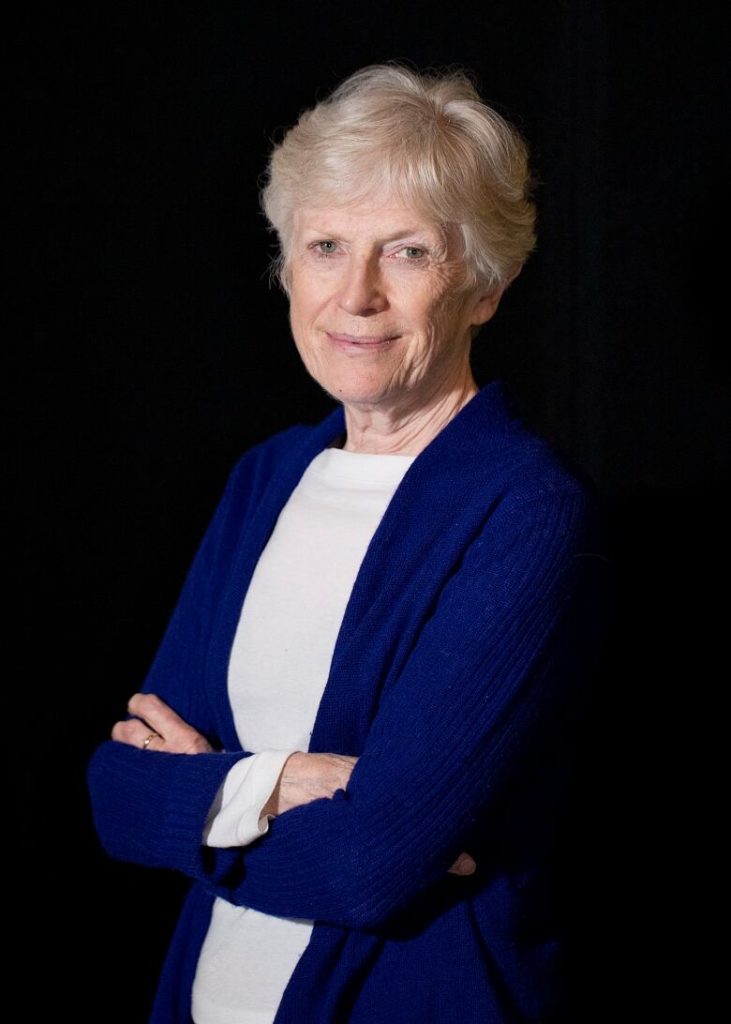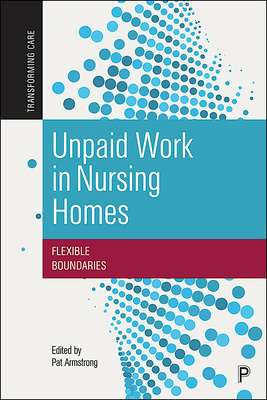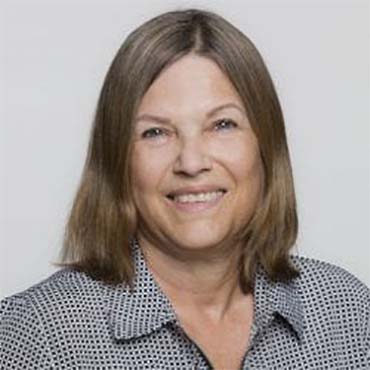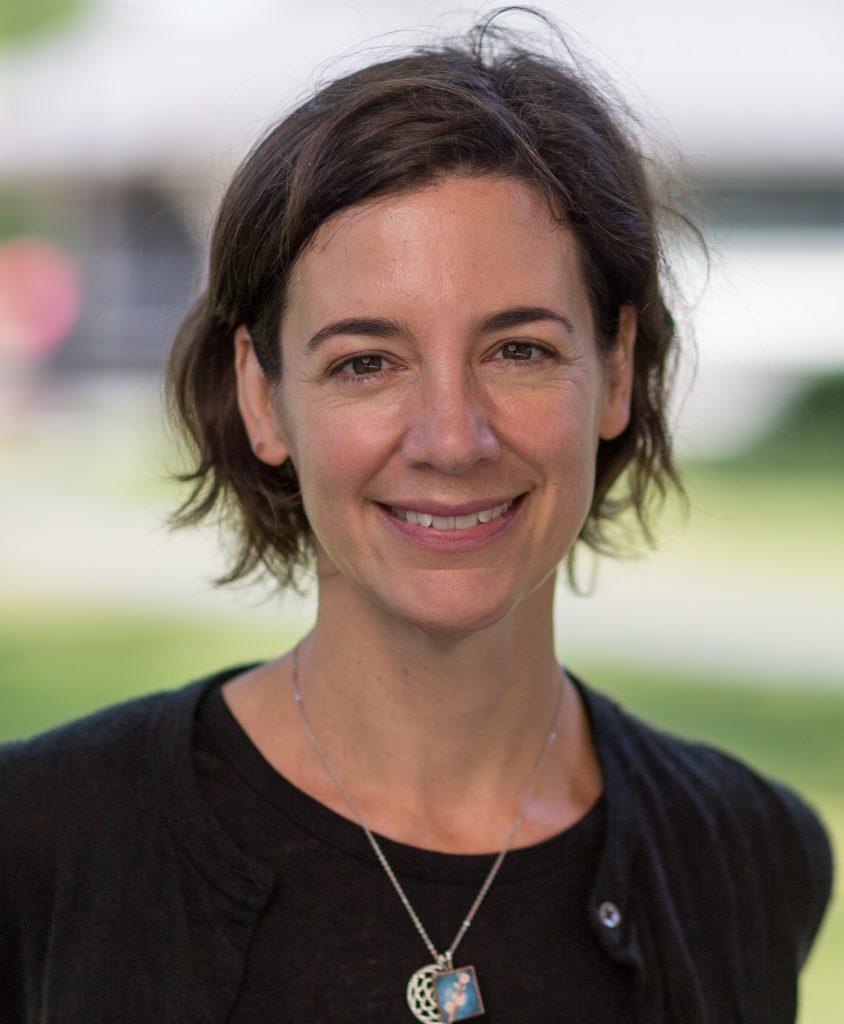The Vanier Canada Graduate Scholarship, presented by the Government of Canada, aims to support first-rate doctoral students studying social sciences and humanities, natural sciences and engineering, and health. This year, seven York University students have been named Vanier Scholars, earning them $50,000 annually for up to three years to support their research projects.
Candidates are evaluated based on three equally weighted selection criteria: academic excellence, research potential and leadership. This year’s scholars have proposed innovative solutions to challenging problems through their projects, each of which spurs positive change in their community, both locally and globally.
Marissa Magneson (Cree-Métis, citizen of the Métis Nation of Ontario), Faculty of Education
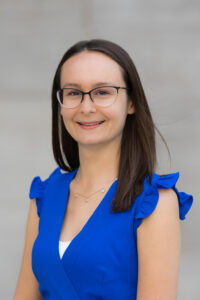
Magneson’s application was ranked second out of 200 at the national competition for Vanier Social Sciences and Humanities Research Council files. Her proposed research contributes to the ongoing discourse of decolonial and artistic pedagogy, research-creation and Indigenous beadwork practices by challenging the ways education can look both inside and outside of the classroom.
Her project specifically seeks to uncover how beading supports Indigenous students in reclaiming culture, strengthening identity, fostering community, healing intergenerational traumas and developing a sense of belonging, while also contributing to Indigenous pedagogy through creative storytelling and supporting reconciliation.
“Beadwork as pedagogy actively responds to the Truth and Reconciliation Calls to Action, suggesting that beading not only strengthens identity but also fosters healing and reconciliation,” shares Magneson.
Greg Procknow, critical disability studies
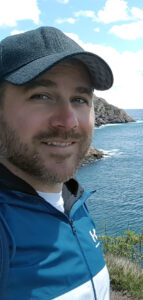
Procknow’s doctoral research illuminates the experiential claims of inpatients found not criminally responsible on account of mental disorder (NCRMD) to explore whether education leads to decarceration and to re-evaluate education as a non-psychiatric method for recovery.
His research will document the educative experiences of inpatients granted day-release privileges to pursue post-secondary education on campus to uncover what factors have facilitated or inhibited their inclusion in educational spaces, how education has advanced their recovery plans and how these inpatients perceive education’s role in qualifying them for an absolute or conditional discharge.
“This research is vital to learning how pedagogy impacts rates of decarceration, supports the reintegration of NCRMD into the community, reduces recidivism and rehospitalizations, and nurtures recovery,” opines Procknow.
Cole Swanson, environmental studies
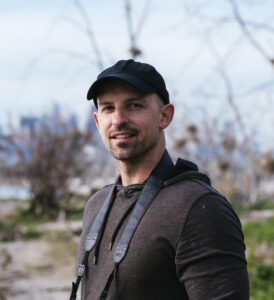
Swanson’s PhD study will use material-based art to explore the dynamic ecology of a bird colony with a stigmatized reputation, the double-crested cormorants (Nannopterum auritum). Working against dangerous imaginaries on cormorants fuelled by religious, settler-colonial, and extractivist histories and politics, Swanson will examine life in the colony to illuminate the entanglements between avian, human and more-than-human worlds.
“Through socially-engaged art practice, the apparent divides between our species will be broken down, stoking empathy and a community-based investment in the well-being and protection of these ancient creatures and their colony constituents with whom we share our lands and resources,” says Swanson.
The project will culminate in a multisensory art exhibition composed of photo, video and sound recorded from the colony, which will be shared with a diverse public for analysis useful in both scientific and social contexts.
Areej Alshammiry, sociology
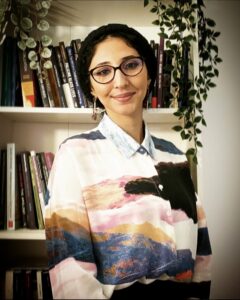
Alshammiry’s project explores the practice of “double punishment,” where non-citizens or foreign-born individuals in Canada are criminalized and rendered deportable. The research particularly focuses on double punishment’s impact on those who are unremovable because they are stateless but inadmissible on the grounds of criminality.
“Driven by the politics of the War on Terror, these processes lead to increasing cases of statelessness by decisions like citizenship stripping of foreign-born persons or deprivation of citizenship to those without one,” states Alshammiry. “However, such measures often target already marginalized communities and are often arbitrary, as they are driven by racial, ethnic, religious and national discrimination.”
This innovative project undertakes the important work of revealing the lived experiences of stateless individuals and can positively contribute to policy frameworks on statelessness and abolition.
Jordan Krywonos, physics and astronomy
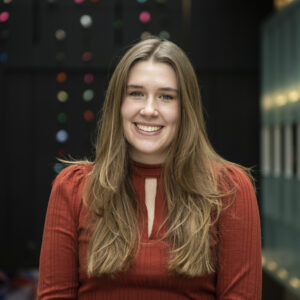
The PhD study proposed by Krywonos considers gravitational waves, which are ripples propagating across the fabric of our universe. As the gravitational waves travel, they carry information about their source, providing an avenue to study previously inaccessible sources such as an orbiting pair of primordial black holes that are proposed to compose a portion of dark matter. Thus, this groundbreaking research on gravitational waves could help illuminate the nature of dark matter.
“Given that the identity of dark matter is among the most important outstanding questions in cosmology, discovering primordial black holes would revolutionize our understanding of the universe, and provide a new means of probing its origin,” reveals Krywonos.
Austin Martins-Robalino, civil engineering
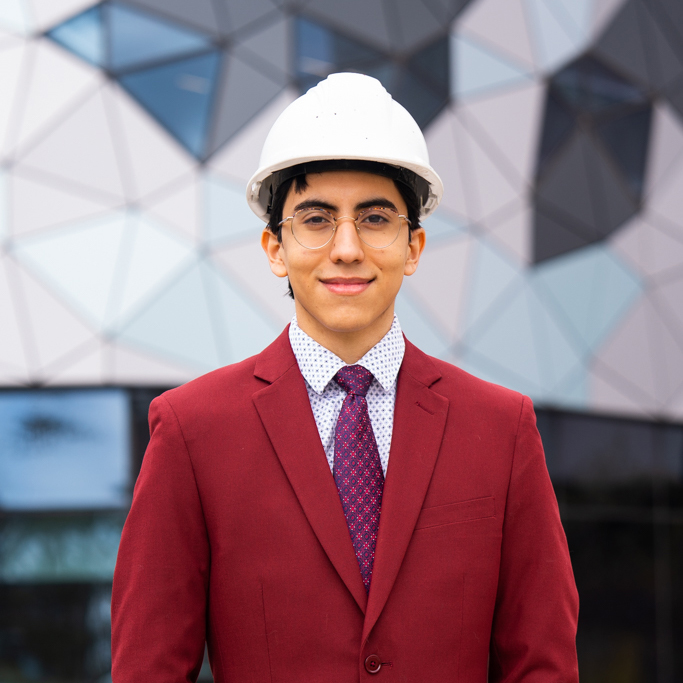
Martins-Robalino’s project investigates how new and emerging materials can be used in place of traditional materials when constructing shear walls, which are a key influence on how structures perform when subjected to loading from wind or seismic events. Martins-Robalino proposes that replacing traditional reinforcing steel rebar with a smart material like superelastic shape memory alloys and concrete with engineered cementitious composites could provide insight into making more damage-resilient and sustainable structures that recentre themselves after loading.
“Such resilient infrastructure would inherently improve the sustainability of structures, reducing the equivalent carbon emissions over their service life,” says Martins-Robalino.
This cutting-edge project can help with progress towards safer and more sustainable construction and communities in line with the United Nations Sustainable Development Goals.
Anna Waisman, clinical psychology
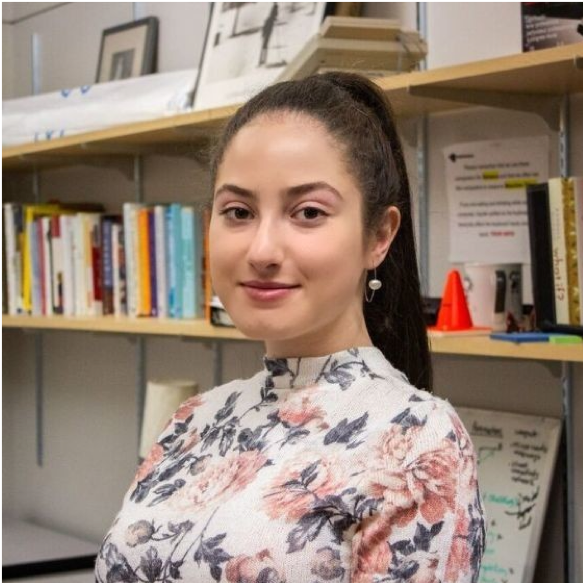
Waisman’s proposed research seeks to provide a novel, easily accessible approach to treating chronic post-surgical pain (CPSP). A study conducted at York University and the Toronto General Hospital, published in the journal Pain, with Waisman as the lead author, found that patients who recall a greater number of event-specific, pain-related autobiographical memories before surgery are significantly less likely to develop CPSP up to one year later.
Building on these findings, Waisman’s PhD project will develop a remotely-delivered intervention that will train individuals to be more specific in the retrieval of their memories after surgery, with the aim of preventing chronic post-surgical pain.
“This work addresses a significant public health need. By creating a brief and easily accessible intervention, our plan is to deliver effective pain management to virtually anyone with a computer,” shares Waisman.






